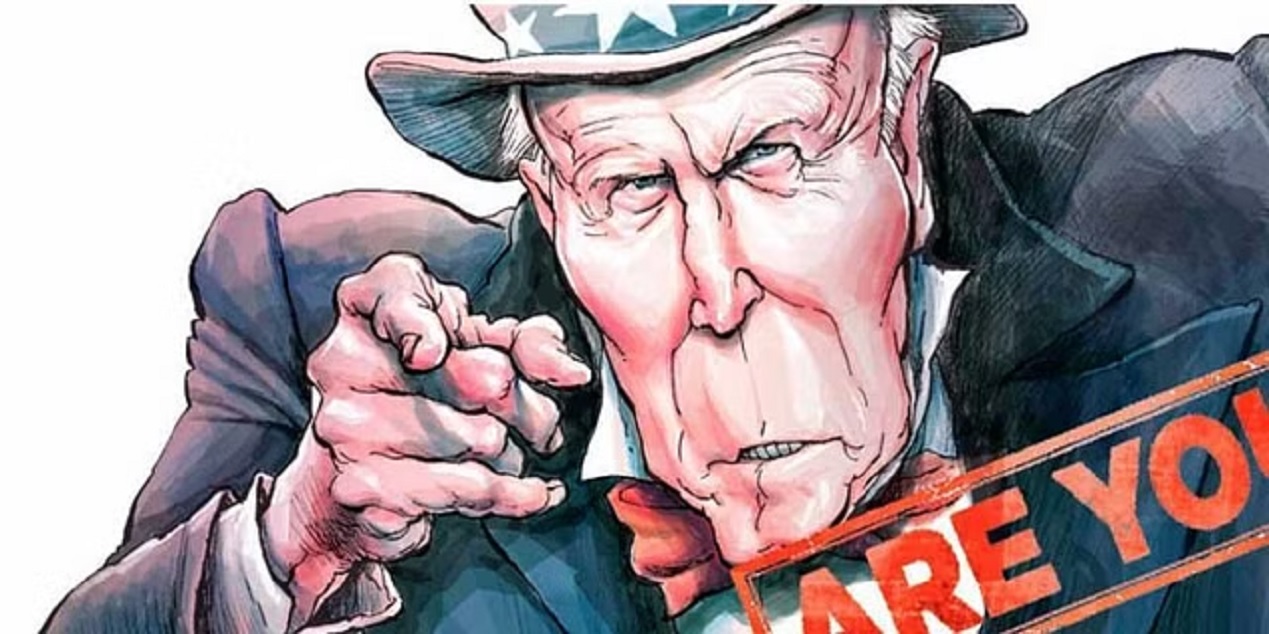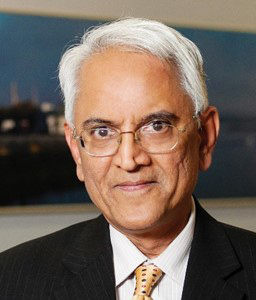US’ drive for a global order in economy and trade comes up against China’s economic interlinkages with the West.
At his recent meeting with Chinese President Xi Jinping in Bali, US President Joe Biden told him that the United States will compete vigorously with China, but will also cooperate on major transnational challenges like climate change, health security and food security.
This competition-cooperation binary is at the heart of the US National Security Strategy (NSS) that the Biden administration unveiled recently. The NSS is intended to convey US strategic thinking to the American public, its legislature and US allies, partners and adversaries.
In recent decades, the (geopolitically logical) strategic priority of the US has been to preserve the global dominance that it acquired after the Cold War.
The NSS reiterates this priority: it declares that the US will “outcompete” competitors, lead a collective response to global challenges, and shape international “rules of the road” for technology, trade and economics.
The NSS recognises the realities of the post-Cold War world. The unipolar aftermath of the Cold War has given way to major power rivalries, as well as competing ambitions of middle powers that have benefited from globalisation and the diffusion of technologies.
The US will continue to propagate democracy around the world, but acknowledges that societies cannot be “remade in America’s image”—as its experience in Afghanistan showed. It recognises that even democracies that broadly share the US vision may not agree with it on all issues.
Further, it states that the US will partner with any nation committed to a rules-based order, whether or not it is a democracy. All nations would have a role in shaping the rules of the international order and the right to determine their foreign policy and economic choices.
It is a vision of a US-led order, accommodating a diversity of perspectives, interests and ideologies. But, as an undisputed superpower over decades, the US is not used to democratically managing such a diverse coalition. Its ability to embrace the practice, as completely as the concept, will be tested.
Russia and China are identified as strategic challengers, but in different leagues. Russia is “an immediate and persistent threat”, but China is the only competitor with the comprehensive power and the intent to reshape the global order.
The NSS says that US national security interests will be protected by “integrated deterrence”. This means combining military and economic levers with diplomacy and covert actions, to convince a potential adversary that the costs of crossing a defined red line would outweigh the benefits of doing so.
In practice, such coordination is difficult in a democracy, as past experience has shown. The US identified China as a strategic competitor as early as in the early 2000s. But commercial interests of Wall Street, Silicon Valley and Hollywood, as well as other political influences, prevented a holistic response to China’s rise, until it simply could not be ignored. India has faced similar challenges when economic or regional interests have impacted our national security strategies.
The NSS envisages cooperation with US allies and partners on integrated deterrence, through joint capability development, interoperability and coordinated diplomatic and economic approaches. This effort was evident in the measures taken by the US and its allies in response to Russia’s invasion of Ukraine. Their patchy implementation illustrated the limitations of an international deterrence strategy when national interests intervene.
The NSS acknowledges that critical transnational challenges like food, health and energy security, climate change and terrorism, require cooperation with the same rivals with whom the global order is hotly contested. Competition affects cooperation (as happened in the early stages of Covid-19) and the need for cooperation would necessarily temper competition. A US strategy has to address this contradiction.
The US drive for a global order in economy and trade comes up against China’s economic interlinkages with the West, and the inroads of its development assistance initiatives across the developing world.
Competition with China to establish global technology standards could create two distinct sets of standards. The NSS declares that the US does not want such a technoeconomic divide, but does not indicate how it will avert it. Many countries, including US allies France and Germany, have recently expressed concern about the negative global impact of such a divide.
Given the complexities and the cross-linkages, there are inevitably many circles to be squared and not many indications of how this would be done. The sliding scales of cooperation and competition, moving in opposite directions, will impact both friends and adversaries of the US. The fate of globalisation would hinge on it. Moreover, there is no hint of a roadmap towards a desired global order or a timeframe for its achievement.
A publicly articulated national security strategy has to retain sufficient ambiguity to allow for on-course adjustments. However, the basic elements are clear: prioritisation of domestic growth and infrastructure development over ambitious foreign campaigns, a whole-of-government approach to geopolitical competition, and building a broad coalition of allies and partners for a rules-based global order. An important confirmation—also for India—was that the current US engagement in Europe will not deflect its focus from its core interests in the Indo-Pacific.
The NSS recognises India as an important bilateral and multilateral partner. It accommodates the independence of foreign policy of US partners. The US has shown understanding of the strategic perspectives driving India’s recent foreign policy choices. India would welcome the cooperation in capacity building and coordination of diplomatic approaches, envisaged in the NSS for US partners, particularly in the Indo-Pacific.
A national security strategy needs a conducive operating environment. The protracted war in Ukraine has exacerbated geopolitical competition and set back cooperation on transnational challenges. While many countries offer advice, exhortation and mediation, the United States—as the global superpower—has levers with allies, partners and adversaries to push for an ending, consistent with its strategic objectives. It is not clear if, and when, they will be activated.
(P S Raghavan: Distinguished Fellow, Vivekananda International Foundation, and a former diplomat)











Post new comment